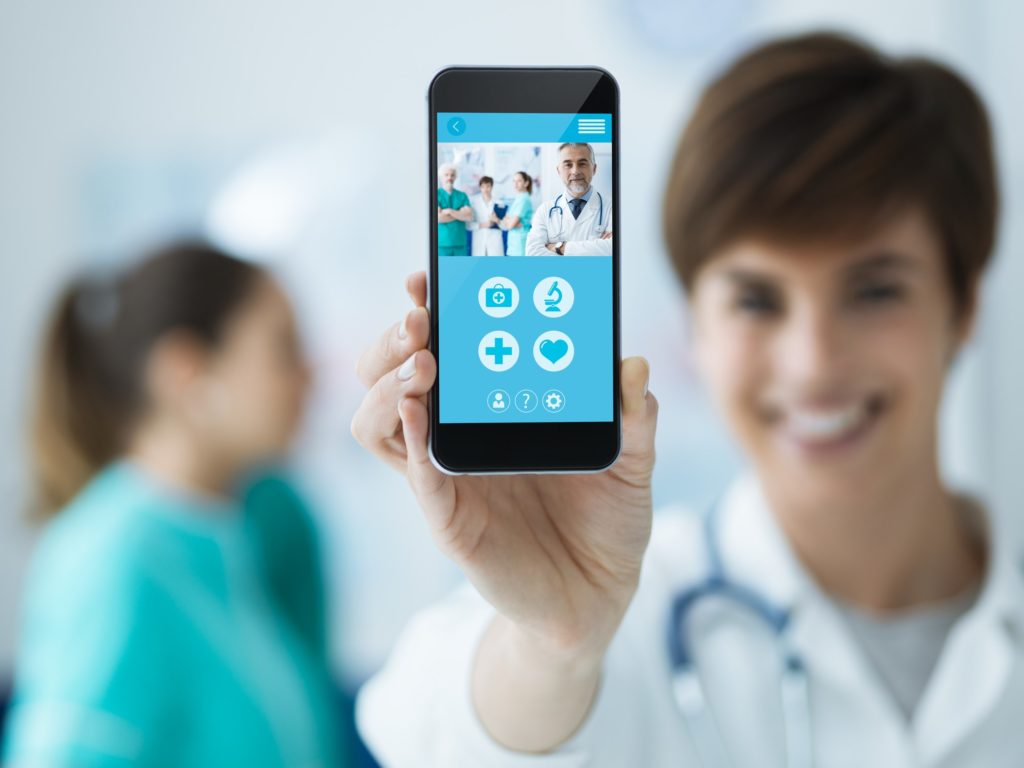
Healthcare is an important component of anyone’s life, a complex format of medicinal services to offer a patient the best care. But one way to vastly improve the patient experience is through convenience. Modern methods, then, have a solution, and it’s rooted in mobile apps.
A mobile device is incredibly common. Statista reports that over 4 billion people use a mobile device in some capacity. You can assume that medical patients are part of that large traffic margin, so, with every mobile device comes an array of apps.
What are the major advantages to offering a medical app to patients? Convenience, security, and accessibility to name a few.
For example, consider a patient’s visit. This involves setting up an appointment, and in some cases, filling out medical information while at the office. Payment is also conducted there, along with any other measures an office might have.
An app can expedite this entire process. A patient – new or returning – could make appointments through the app. They could describe their symptoms, list their insurance, pay via the app, and even take care of all essentials before the visit. That way, they maximize their time and receive medical care as soon as possible.
Communication is also a significant benefit. It’s not surprising a patient’s quality of life and care are directly related to the frequency they see and/or speak with their doctor. In some cases, a mobile app can allow patients to make video appointments with their doctor. This is excellent for those limited by disability, lack of transportation, or other extraneous factors preventing them from seeing a medical professional.
There are also hypothetical benefits as well. Imagine an app that can help track a patient’s symptoms daily. Or, an app which monitors things like heart rate, temperature, sleep patterns, and so on. These can create flags within the app, indicating whether a person’s condition is improving or worsening.
Said potential app could also track the symptoms listed by the patient. These symptoms can give the patient and doctor a better idea of how the patient is progressing in their condition, good or bad. Having this information centralized and easy to access by both parties allows for faster, more efficient treatment paths.
Added security benefits to the application could allow patients to list their emergency information in it. Emergency contacts, location, medical ID, license, and so on are all components of good app security.
Essentially, a mobile app takes the paperwork and complexity of healthcare and puts it into a single, easy-to-use digital space. Since information is critical in treating a patient, having this readily accessible at any time is important for both parties.
Efficient medical apps can revolutionize how an individual interacts with their doctor, while simultaneously improving the care they receive.




